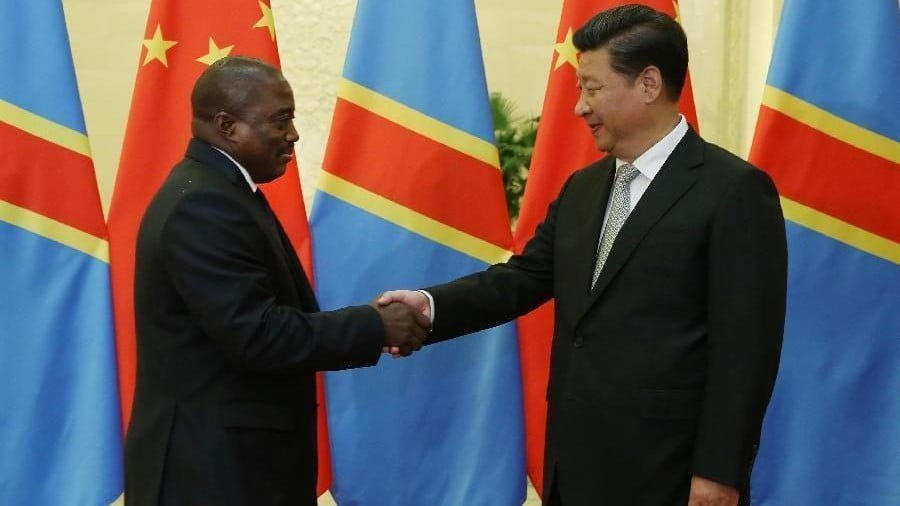Chinese Navy holds deep-sea combat drills in Sea of Japan amid mounting tensions
As reported by the Xinhua newspaper, citing a source in the navy, the exercises started on Thursday and lasted through Friday. The source did not disclose the exact location of the drills, but said they were done in a “certain part of the Sea of Japan.”
The Chinese military’s official newspaper, the People’s Liberation Army Daily, reported that among the vessels taking part in the exercises were a missile destroyer, two frigates, and a supply ship of the Jingzhou distant sea training fleet – all returning from ‘Rim of the Pacific’ (RIMPAC) multinational naval exercises hosted by the United States in Hawaii. These were ‘battling’ against vessels of the East China Sea Fleet. The exact number of the ships taking part in the exercises was not given.
Citing drill commander Xu Haihua, PLA Daily reports that the drills were of a routine nature and were planned beforehand, adding they were meant to help enhance the Chinese fleet’s ability to fight far out at sea, test soldiers on the open water, and practice formation reconnaissance and decision-making.
According to Haihua, they were carried out in international waters and followed international law.
“Exercises far out at sea in international waters are commonly done by world navies, and this year our navy has many times organized fleets to carry out exercises far out in the Western Pacific,” the commander said, as cited by PLA Daily.
“This deep-sea exercise is part of our annual training arrangements, it is not aimed against any specific country, region or target, and is conducted in accordance with international law and practice,” he added, noting that foreign reconnaissance aircraft were spotted in the area where the drills were carried out.
The Sea of Japan is a strategic waterway bordered by Japan, Russia, South Korea and North Korea. It is connected with the East China Sea, which is a bone of contention between China and Japan. The two states have been at odds over the Senkaku islands, located roughly due east of mainland China. The group of uninhabited islets is potentially rich in undersea oil reserves currently controlled by Japan.
China however claims the discovery and ownership of the islands dating back to the 14th century and has been building artificial islands in the vicinity.
Last week, Japanese officials warned China against escalating tensions in the region after more than 200 Chinese fishing boats, Coast Guard and other government ships were seen in a contiguous zone near the disputed Islands, with some of the vessels allegedly entering Japanese territorial waters.
China’s territorial disputes do not end with Japan and the East China Sea. Beijing has repeatedly claimed sovereignty over islets and their adjacent waters in the South China Sea, even after the Hague’s Arbitration Court waived China’s claims to the Spratly Islands, as disputed by the Philippines – a decision China has refused to recognize. Japan called on China to adhere to the ruling, but Beijing responded by warning Tokyo not to interfere.
China is also at odds with Indonesia, with the latter even planning to change the name of a 200 marine-mile-long strip of the South China Sea to establish an EEZ (Exclusive Economic Zone) around its Natuna Islands, frequently visited by Chinese fishermen.
The US has also become involved in the, dispatching warships and military planes to the disputed area and conducting military drills there while claiming this is done to ensure the principles of freedom of navigation in international waters and increasingly getting on Chinese nerves. On Wednesday, the US Air Force for the first time flew all three types of its strategic bombers – the B-52, B-1B, and B-2 – in a joint drill over the disputed waters, allegedly to demonstrate “the US commitment to supporting global security.” Beijing has repeatedly criticized such US actions as a provocation, stressing they pose a threat to the region’s security.
Source: rt.com







